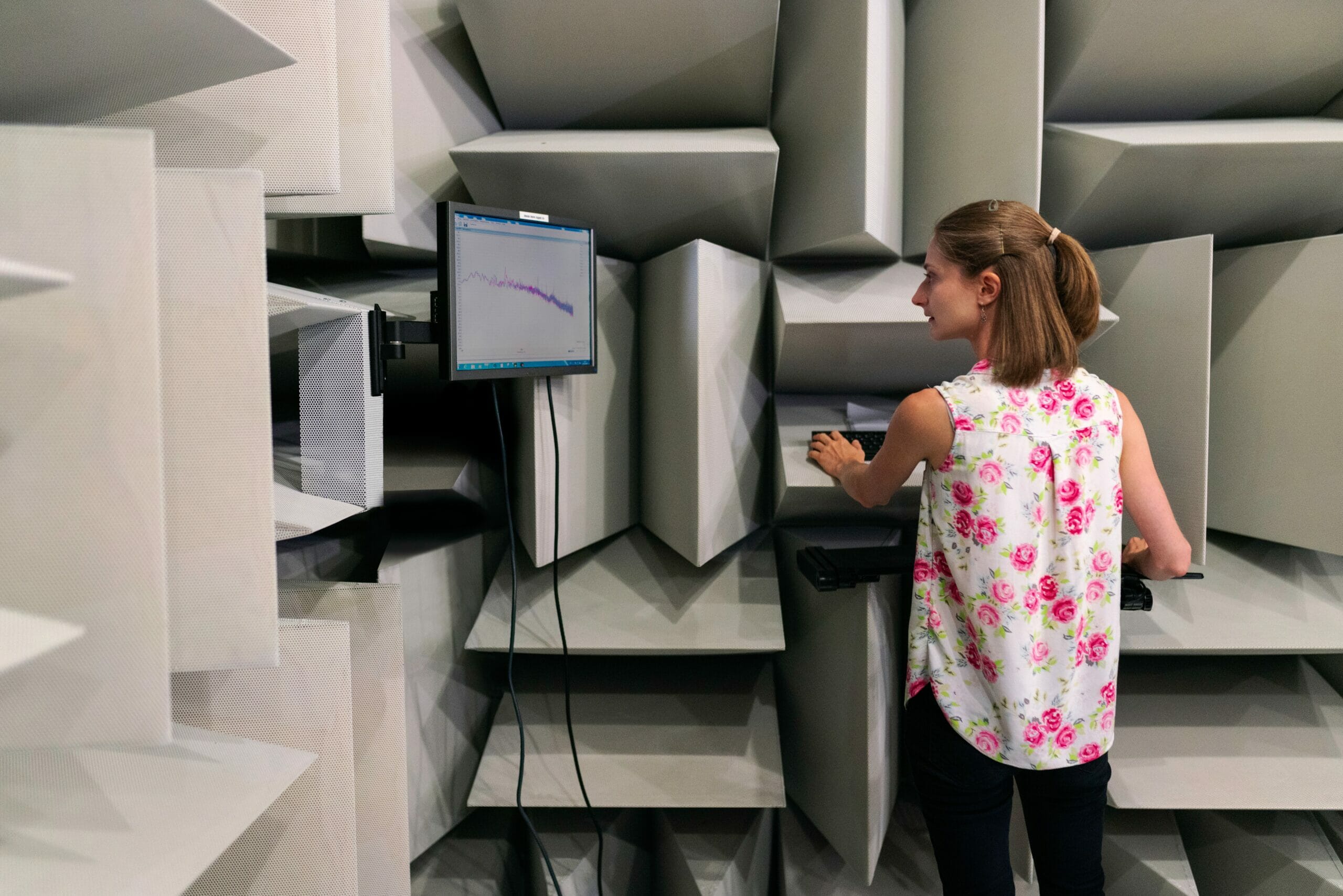
This Data Architect test evaluates candidates’ knowledge and their ability to interpret and make informed data-based decisions to scale efficiency, and revenue and gain a competitive advantage. This test will help technical recruiters identify potential candidates for various big data arch roles.
Type – Multiple Choice Questions
Time – 10 mins
Language – English
Level – Entry
Difficulty – Easy
Candidates who want to build a career in data architecture and have relevant competencies and credentials can take up the test.
Glider’s recruitment platform is built on the mission, of “competency over credentials. This way, your hiring process is taken care of end-to-end from the structured and data-driven candidate-evaluation process to spotlighting a qualified Data Architect for the role.
Access 2,000 pre-built assessments covering over 500 skills with 250,000 questions, all validated by 2,000 SMEs including this for Data Architect role.
Go ahead and spotlight your Data Architect with Glider AI today!
You can always write to us at info@glider.ai to help you access the hiring resources.
Make talent quality your leading analytic with skills-based hiring solution.

Introduction Technical roles are some of the hardest to fill. The process is a landmine of recruitment challenges. HR teams often find themselves under-resourced and struggling to find suitable talent, while engineers waste too much time interviewing candidates who don’t meet the necessary qualifications. Meanwhile, high-quality candidates get frustrated by slow and inefficient hiring processes and […]

What is QA and Testing? Quality Assurance (QA) and testing are integral processes in software development aimed at ensuring the reliability, functionality, and usability of applications. QA involves establishing standards and procedures to monitor and improve the software development lifecycle, focusing on preventing defects and identifying areas for optimization. It encompasses various activities such as […]

Whether hiring for an entry-level web developer position or a web architect, asking the right JavaScript coding questions lets you assess the candidate’s depth of knowledge in core JavaScript concepts, problem-solving skills, and understanding of modern JavaScript practices. More than identifying which people in your pool of applicants can answer technical questions, these JavaScript interview questions also reveal who […]